#nutrition
Explore tagged Tumblr posts
Text
yo bro? what's your ring size
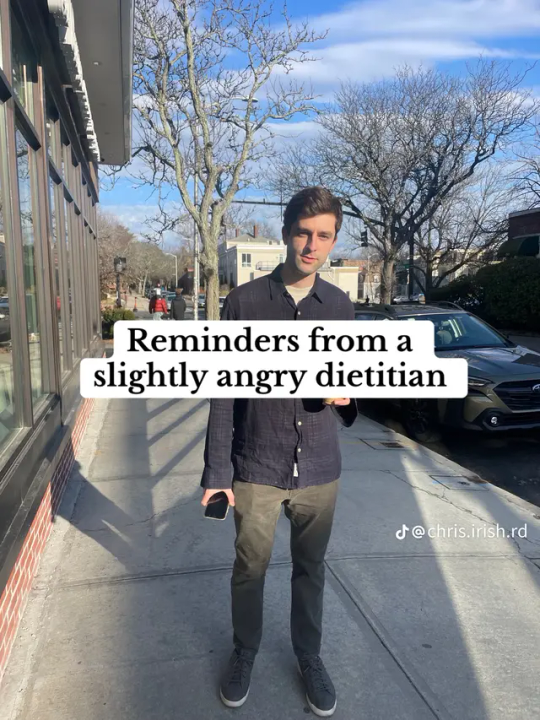
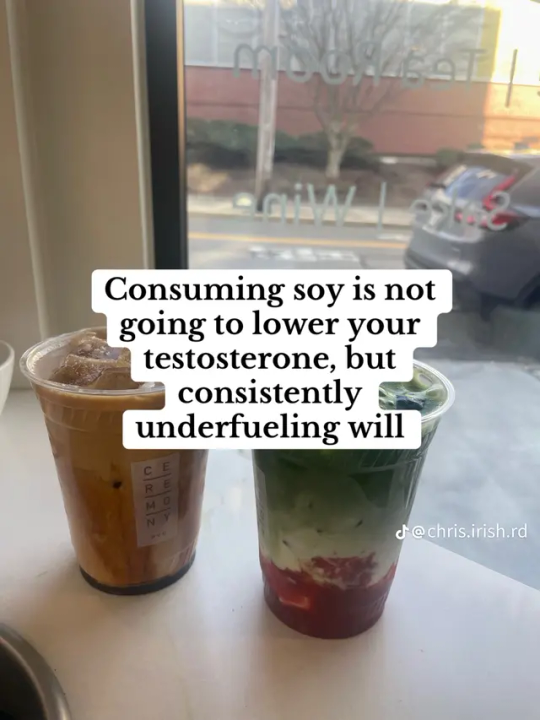

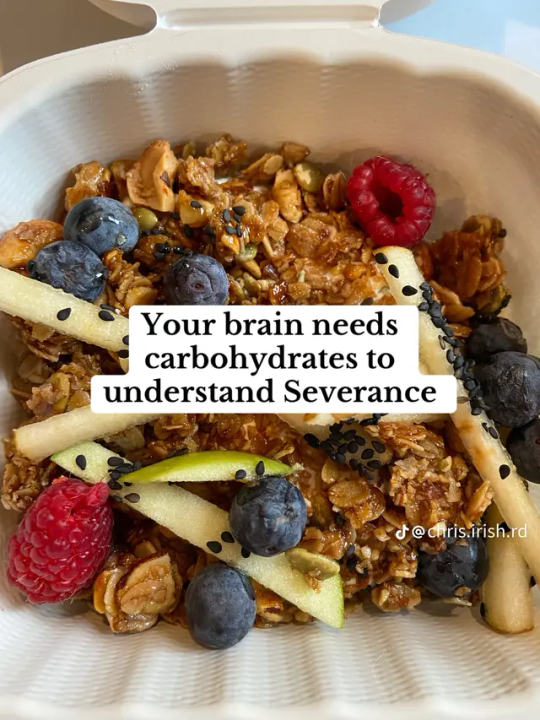
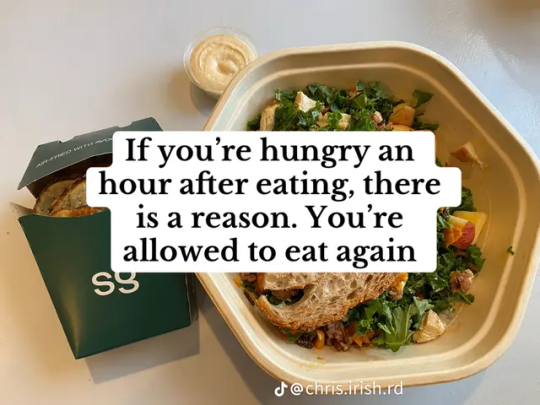
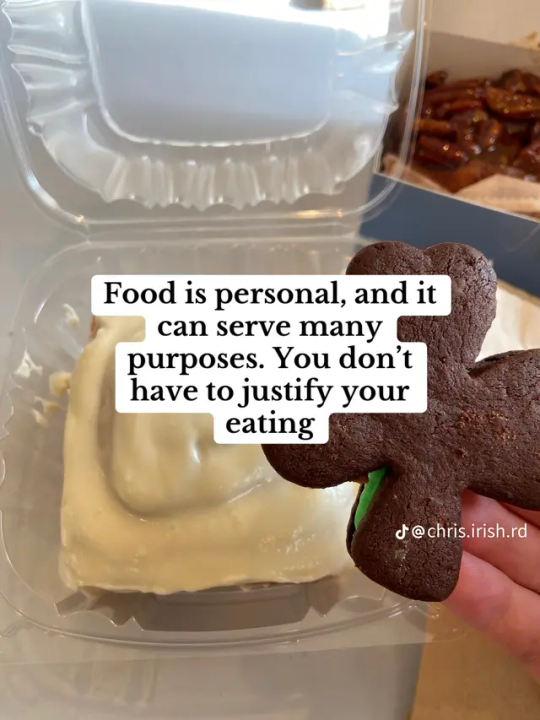
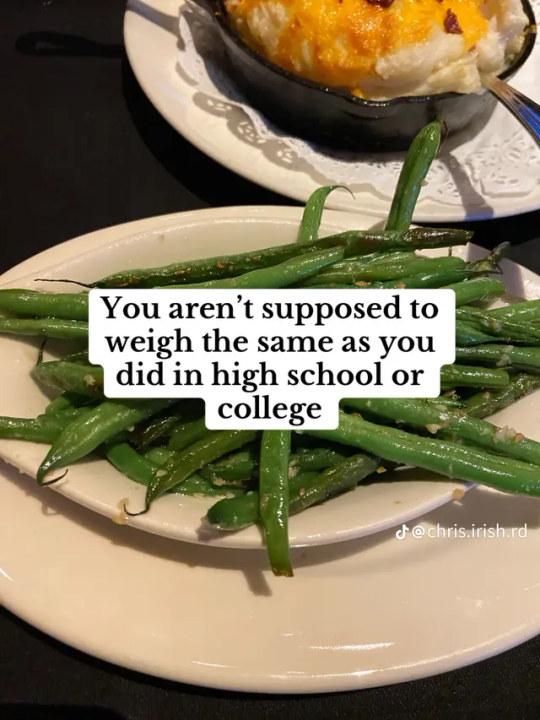
#nutrition#tiktoks#food#diet culture#diet advice#intuitive eating#/lh /silly#I hate the diet industry
24K notes
·
View notes
Text
Contact Me here👇
AbellaDangerBlogs
#beautiful ass#hot as hell#nude photos#juicy fat ass#nudephotography#sexy and beautiful#nude pose#sexy chick#sexy babygirl#sexy pose#asexual#light as a feather#hot asian babe#seduce me#so hot and sexy#artistic nude#art nude#nutrition#big natural breasts#nudité#hot as fuuuuck#thicc as fuck#so fucking hot#tight as fuck#shared wives#naughty wives#mature woman#big breasted women#beautiful women#hot pics
64 notes
·
View notes
Text
Taste is the most important factor in nutrition.
Because you get the most nutrients from the foods you'll actually eat.
So add cheese, oil, spices, vinegar, sauces, etc. Try them roasted or sauteed or pureed, etc.
The actual secret to eating lots of fruits and veggies and other nutrient dense foods is:
Make them taste good. That's literally it.
28K notes
·
View notes
Text
⭐Vitamin Cheat Sheet⭐
Vitamin A: Vision, immune system, skin health.
Vitamin B1 (Thiamine): Energy metabolism, nerve function.
Vitamin B2 (Riboflavin): Energy production, skin health.
Vitamin B3 (Niacin): Cellular energy production, skin health.
Vitamin B5 (Pantothenic Acid): Metabolism, hormone production.
Vitamin B6: Brain function, mood regulation.
Vitamin B7 (Biotin): Healthy hair, skin, and nails.
Vitamin B9 (Folate): Cell division, DNA synthesis.
Vitamin B12: Nervous system, red blood cells.
Vitamin C: Immune system, collagen synthesis.
Vitamin D: Bone health, immune function.
Vitamin E: Antioxidant, skin health.
Vitamin K: Blood clotting, bone health.
Calcium: Bone and teeth health, muscle function.
Iron: Oxygen transport, energy production.
Magnesium: Nerve function, muscle relaxation.
Zinc: Immune system, wound healing.
Potassium: Fluid balance, nerve function.
Iodine: Thyroid function, metabolism.
Selenium: Antioxidant, thyroid health.
#vitamins#health and wellness#healthy living#health tips#healthyhabits#healthy lifestyle#nutrition#supplements#wellness#wellbeing#health is wealth#self care#food#healthy diet#skincare#lifestyle#green juice girl#clean girl aesthetic#fitness
40K notes
·
View notes
Text
real talk like. YES many fat people eat a healthy diet! lots of fat people don't eat sweets! lots of fat people love veggies! there are fat vegans!
BUT sometimes I see this being used as a gotcha in a way that says "it's okay to be fat because it doesn't mean you're eating Immorally" and I resent that.
I am fat and today I ate three cookies for breakfast. big ones. and that doesn't change the fact that my fatness is amoral and my diet - while objectively not very healthy, this cookie thing is part of a pattern in my life as a stressed out grad student - is also amoral.
it's okay to be fat and love little debbies. and it's okay to be fat and eat little debbies more than you "should." you don't owe your health or nutrition to anyone. everyone should fuck off
#shit skibidingus says#fat#fat acceptance#fat liberation#nutrition#health#body image#body acceptance#i fucking love zucchini though
2K notes
·
View notes
Text
Posting all the meals I made this week✨
Mealspo post of all the healthy meals I made from scratch this week 🩷










See you later ✨
#mealspo#mealsp0#3d di3t#@n@ tips#m3alsp0#⭐️rving#low cal restriction#tw ana bløg#low cal meal#light as a feather#lose weight fast#weight loss diet#weight loss#a4a diet#@n@ diet#pr0ana diet#ed diet tips#ed dieta#low cal diet#healthy diet#diet tips#diet#nutrition#nutritious
2K notes
·
View notes
Text

#healthy#health#food#inspiration#nutrition#nutrients#cooking#positivity#dinner#weight loss#meal inspiration#meal inspo#simple meals#self love quotes#motivating quotes#health quotes#weight loss quotes#inspiring quotes#life quote#quoteoftheday#quotes#inspiring words#positive words#words#weight loss motivation#motivational#motivation#inspirational#inspiring others#true words
681 notes
·
View notes
Text
I am just telling everyone I am bulking, I am not too sure if they believe me anymore 😅
#fatty#gaining fat#gaining#gay gainer#belly expansion#belly gainer#fat piggy#fat belly#fat anime#chubby#hungry#breakfast#eat#eating#snacks#foodie#cute fatty#stuffed fatty#fatty piggy#fat pig#get me fatter#fatty getting fatter#weight goals#gaining weight on purpose#gaining weight#i want to lose weight#health ( height and weight ) scales#weight loss#nutrition#exercise
477 notes
·
View notes
Text
LITTLE WAYS TO LIVE HEALTHIER IN 2025
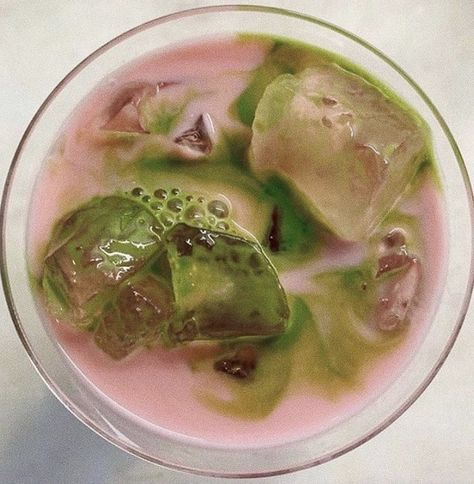
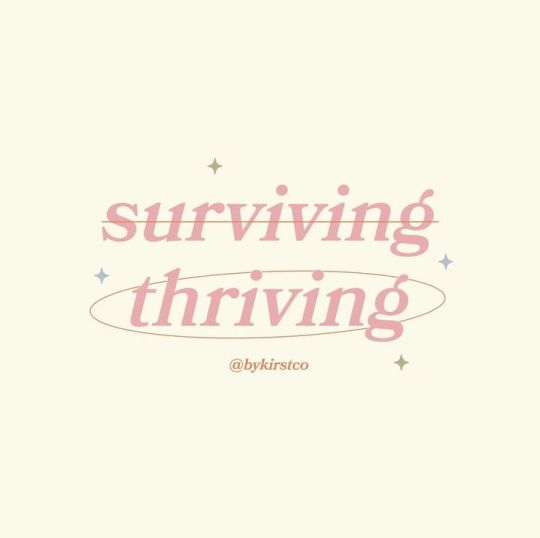

INCREASE YOUR N.E.A.T. Neat stands for non exercise activity thermogenesis. So, basically any daily activities we do when not exercising or sleeping. It's important for you to have a high N.E.A.T because it can be the difference between having a sedentary lifestyle or being moderately active.
Ways to increase NEAT is to do more heavier chores everyday (vacuuming, mopping, dusting), taking the longer routes when walking, stand for 10 minutes each hour, pace back and forth while calling someone, march while you’re brushing your teeth, etc.
DRINK HERBAL TEAS. Herbal teas can help you in a variety of areas of life, and are a great substitute for other processed beverages.
ADD SUNLIGHT IN YOUR MORNING. Exposing yourself to sunlight early in the day helps with resetting the circadian rhythm, which in return helps for waking up easier and going to sleep easier.
EAT WITHOUT DISTRACTIONS. You’ll savour your food so much more and it’ll be easier to tell when you’re satisfied.
CREATE A PLAYLIST FOR WHEN YOU WIND DOWN. Once you get into the habit of listening to this playlist, it’ll become like a trigger to your body that it’s time to sleep because listening to that playlist should be followed by settling into bed.
REGULARLY GO TO YOUR GP. Especially if you’re feeling a bit out of it. It is always better to make those regular visits and catch something before it becomes out of hand.
STOP WAKING UP SO EARLY. I don’t know who needs to hear this, but waking up at 5am is unnecessary if not required. While I do believe that waking up earlier does have benefits, that extra hour of sleep probably has more.
IF YOU’RE STRUGGLING, TAKE IT SLOWER. In this day and age, we don’t have time to process a lot of things. Everything is so fast paced, that if we fall behind, we tend to feel less than.
Especially if you’re someone who can’t keep pace with the crowd due to disabilities or mental health. Take things at your own pace, and do what you can will yourself to do.
GET SPIRITUAL. Lots of studies show that people who commit themselves to their beliefs are a lot happier in life than those who don’t. This doesn’t mean that you have to commit to a religion yet, but I would explore your spirituality side and see what resonates with you.
WEAR YOUR SPF. Skin cancer is no joke, and our earth is only getting hotter. Protect yourself, including your body!
SURROUND YOURSELF WITH GOOD PEOPLE. People who radiate love and are always looking for the goodness around them, that rubs off on you and in return you’ll develop similar traits. Being with them will stimulate growth in all aspects of your life.
I'm not telling anyone to ‘fix’ anyone, but it means a lot to other people if you can be that person in their life. It's a very rewarding and fulfilling lifestyle.
TAKE MAKEUP BREAKS REGULARLY. Give your skin a break from products, and ideally take a week off each month to spend it makeup free. You’re saving time and your skin.
ADD IN FRUITS, HERBS OR LEMON IN YOUR WATER. This will help with extra hydration and improve digestion.
PRIORITISE FIBRE. As much as protein is good for you, fibre has just as much importance but it's not as heavily prioritised. Ideally, half of your meal should be fibres. However, that can be a hard change for some people, so start with having it on the side.
It's great if you can incorporate ‘hidden’ fibre into your meals as well!
CURATE YOUR SPACE TO SUIT YOU. Add in little notes of reminders or quotes, place around photos or awards of your achievements, remove anything that impacts you negatively. You want the area that you’re in 24/7 to support that growth, not stifle it.
Keep your area clean and decluttered as well. Try to minimise the amount of stuff that you have. You only need one of each thing, two is one too many. Having too much clutter affects the clarity of your mind.
it is numbered oddly because of the way I pasted this from google docs to tumblr. apologies!
#prettieinpink#becoming that girl#that girl#clean girl#green juice girl#wonyoungism#glow up era#glow up#her#becoming her#it girl energy#divine feminine#dream life#dream girl#dream girl tips#dream girl journey#dream girl life#dream girl vibes#healthy living#healthy eating#health#mental health#health and wellness#health & fitness#healthylifestyle#nutrition#physical health#healthcare
702 notes
·
View notes
Text
‘Eat the rich!’



Babe, why you saying shit as if being rich were a terrible thing? Everybody wants to be rich and comfortable. Even you want to be rich and comfortable.



You’ll never be rich and comfortable if you nourish that kind of a miser mentality. One day, if the Universe ever grants you rich and comfort, what new mentality are you likely to develop?



A crook mentality. Obviously. And you’ll always be afraid of getting robbed and mobbed. Because you had exactly this type of mindset about the rich prior to becoming ‘one of ‘em’ tsk tsk…
Command your Reality with clear definition. So if you must eat at all…
‘Eat the corrupt!’
Remember to 'detox' by eating nutritious foods from nature as well~ lmao
#Pink Punk Mads#punk#anti capitalism#counterculture#rebel#nutrition#healthy living#healthylifestyle#healthy eating#healthy lifestyle#wellness#protein#healthy food#nourishment#moodboard#holistichealth#holisticliving#holisticwellness#witchblr#witchythings
478 notes
·
View notes
Text

The Ultimate Remote-Controlled Eye Massager with Heat and Cool Technology
Introducing the epitome of eye care innovation—the Ultimate Remote-Controlled Eye Massager with Heat and Cool Technology. This ingenious device, equipped with advanced eye massager with heat and cooling capabilities, redefines relaxation. The Renpho Eye Massager and Eyeris Eye Massager stand out as the best eye massager options, offering a luxurious escape from daily stressors. Slip into the soothing embrace of the eyemask, as warmth melts away tension and coolness refreshes tired eyes. With remote controls for effortless customization, these massagers provide a blissful sanctuary for your senses. Experience the future of eye care—where comfort meets innovation. https://go.renpho.com/eye-collection-20-24
1K notes
·
View notes
Text

tired
1K notes
·
View notes
Text
It’s crazy how there’s so much misinformation about Food. The thing we need all the time. Arguably the point of getting up each day. Fucking food. You’d think educating our young on this central component of life would be the sort of thing we’d teach them as kids, but nooo, I have to go reading up on zookeeping techniques for keeping and feeding large primates in captivity to get a straight fucking answer about carbon and phosphorus sourcing instead of a bunch of pseudoscience or fatphobia or classism or racism or just good old fashioned taboos! [Chews furniture] HOW DO YOU DEMONIZE THE POTATO
#food#vent#rant#i now feel like both the zookeeper and the exhibit#nutrition#seriously though how did we demonize the potato#ungrateful bastards
6K notes
·
View notes
Text
Good News - July 22-28
Like these weekly compilations? Tip me at $kaybarr1735 or check out my new(ly repurposed) Patreon!
1. Four new cheetah cubs born in Saudi Arabia after 40 years of extinction

“[T]he discovery of mummified cheetahs in caves […] which ranged in age from 4,000 to as recent as 120 years, proved that the animals […] once called [Saudi Arabia] home. The realisation kick-started the country’s Cheetah Conservation Program to bring back the cats to their historic Arabian range. […] Dr Mohammed Qurban, CEO of the NCW, said: […] “This motivates us to continue our efforts to restore and reintroduce cheetahs, guided by an integrated strategy designed in accordance with best international practices.””
2. In sub-Saharan Africa, ‘forgotten’ foods could boost climate resilience, nutrition

“[A study published in PNAS] examined “forgotten” crops that may help make sub-Saharan food systems more resilient, and more nutritious, as climate change makes it harder to grow [current staple crops.] [… The study identified 138 indigenous] food crops that were “relatively underresearched, underutilized, or underpromoted in an African context,” but which have the nutrient content and growing stability to support healthy diets and local economies in the region. […] In Eswatini, van Zonneveld and the World Vegetable Center are working with schools to introduce hardy, underutilized vegetables to their gardens, which have typically only grown beans and maize.”
3. Here's how $4 billion in government money is being spent to reduce climate pollution

“[New Orleans was awarded] nearly $50 million to help pay for installing solar on low to middle income homes [… and] plans to green up underserved areas with trees and build out its lackluster bike lane system to provide an alternative to cars. […] In Utah, $75 million will fund several measures from expanding electric vehicles to reducing methane emissions from oil and gas production. [… A] coalition of states led by North Carolina will look to store carbon in lands used for agriculture as well as natural places like wetlands, with more than $400 million. [… This funding is] “providing investments in communities, new jobs, cost savings for everyday Americans, improved air quality, … better health outcomes.””
4. From doom scrolling to hope scrolling: this week’s big Democratic vibe shift

“[Democrats] have been on an emotional rollercoaster for the past few weeks: from grim determination as Biden fought to hang on to his push for a second term, to outright exuberance after he stepped aside and Harris launched her campaign. […] In less than a week, the Harris campaign raised record-breaking sums and signed up more than 100,000 new volunteers[….] This honeymoon phase will end, said Democratic strategist Guy Cecil, warning the election will be a close race, despite this newfound exuberance in his party. [… But v]oters are saying they are excited to vote for Harris and not just against Trump. That’s new.”
5. Biodegradable luminescent polymers show promise for reducing electronic waste

“[A team of scientists discovered that a certain] chemical enables the recycling of [luminescent polymers] while maintaining high light-emitting functions. […] At the end of life, this new polymer can be degraded under either mild acidic conditions (near the pH of stomach acid) or relatively low heat treatment (> 410 F). The resulting materials can be isolated and remade into new materials for future applications. […] The researchers predict this new polymer can be applied to existing technologies, such as displays and medical imaging, and enable new applications […] such as cell phones and computer screens with continued testing.”
6. World’s Biggest Dam Removal Project to Open 420 Miles of Salmon Habitat this Fall

“Reconnecting the river will help salmon and steelhead populations survive a warming climate and [natural disasters….] In the long term, dam removal will significantly improve water quality in the Klamath. “Algae problems in the reservoirs behind the dams were so bad that the water was dangerous for contact […] and not drinkable,” says Fluvial Geomorphologist Brian Cluer. [… The project] will begin to reverse decades of habitat degradation, allow threatened salmon species to be resilient in the face of climate change, and restore tribal connections to their traditional food source.”
7. Biden-Harris Administration Awards $45.1 Million to Expand Mental Health and Substance Use Services Across the Lifespan
““Be it fostering wellness in young people, caring for the unhoused, facilitating treatment and more, this funding directly supports the needs of our neighbors,” said HHS Secretary Xavier Becerra. [The funding also supports] recovery and reentry services to adults in the criminal justice system who have a substance use disorder[… and clinics which] serve anyone who asks for help for mental health or substance use, regardless of their ability to pay.”
8. The World’s Rarest Crow Will Soon Fly Free on Maui

“[… In] the latest attempt to establish a wild crow population, biologists will investigate if this species can thrive on Maui, an island where it may have never lived before. Translocations outside of a species’ known historical range are rare in conservation work, but for a bird on the brink of extinction, it’s a necessary experiment: Scientists believe the crows will be safer from predators in a new locale—a main reason that past reintroduction attempts failed. […] As the release date approaches, the crows have already undergone extensive preparation for life in the wild. […] “We try to give them the respect that you would give if you were caring for someone’s elder.””
9. An optimist’s guide to the EV battery mining challenge
““Battery minerals have a tremendous benefit over oil, and that’s that you can reuse them.” [… T]he report’s authors found there’s evidence to suggest that [improvements in technology] and recycling have already helped limit demand for battery minerals in spite of this rapid growth — and that further improvements can reduce it even more. [… They] envision a scenario in which new mining for battery materials can basically stop by 2050, as battery recycling meets demand. In this fully realized circular battery economy, the world must extract a total of 125 million tons of battery minerals — a sum that, while hefty, is actually 17 times smaller than the oil currently harvested every year to fuel road transport.”
10. Peekaboo! A baby tree kangaroo debuts at the Bronx Zoo

“The tiny Matschie’s tree kangaroo […] was the third of its kind born at the Bronx Zoo since 2008. [… A] Bronx Zoo spokesperson said that the kangaroo's birth was significant for the network of zoos that aims to preserve genetic diversity among endangered animals. "It's a small population and because of that births are not very common," said Jessica Moody, curator of primates and small mammals at the Bronx Zoo[, …] adding that baby tree kangaroos are “possibly one of the cutest animals to have ever lived. They look like stuffed animals, it's amazing.””
July 15-21 news here | (all credit for images and written material can be found at the source linked; I don’t claim credit for anything but curating.)
#hopepunk#good news#cheetah#extinct species#africa#nutrition#food#farming#gardening#pollution#climate#climate change#climate crisis#democrats#us politics#us elections#kamala harris#voting#recycling#biodegradable#technology#salmon#habitat#fish#mental illness#mental health#substance abuse#hawaii#electric vehicles#zoo
860 notes
·
View notes



